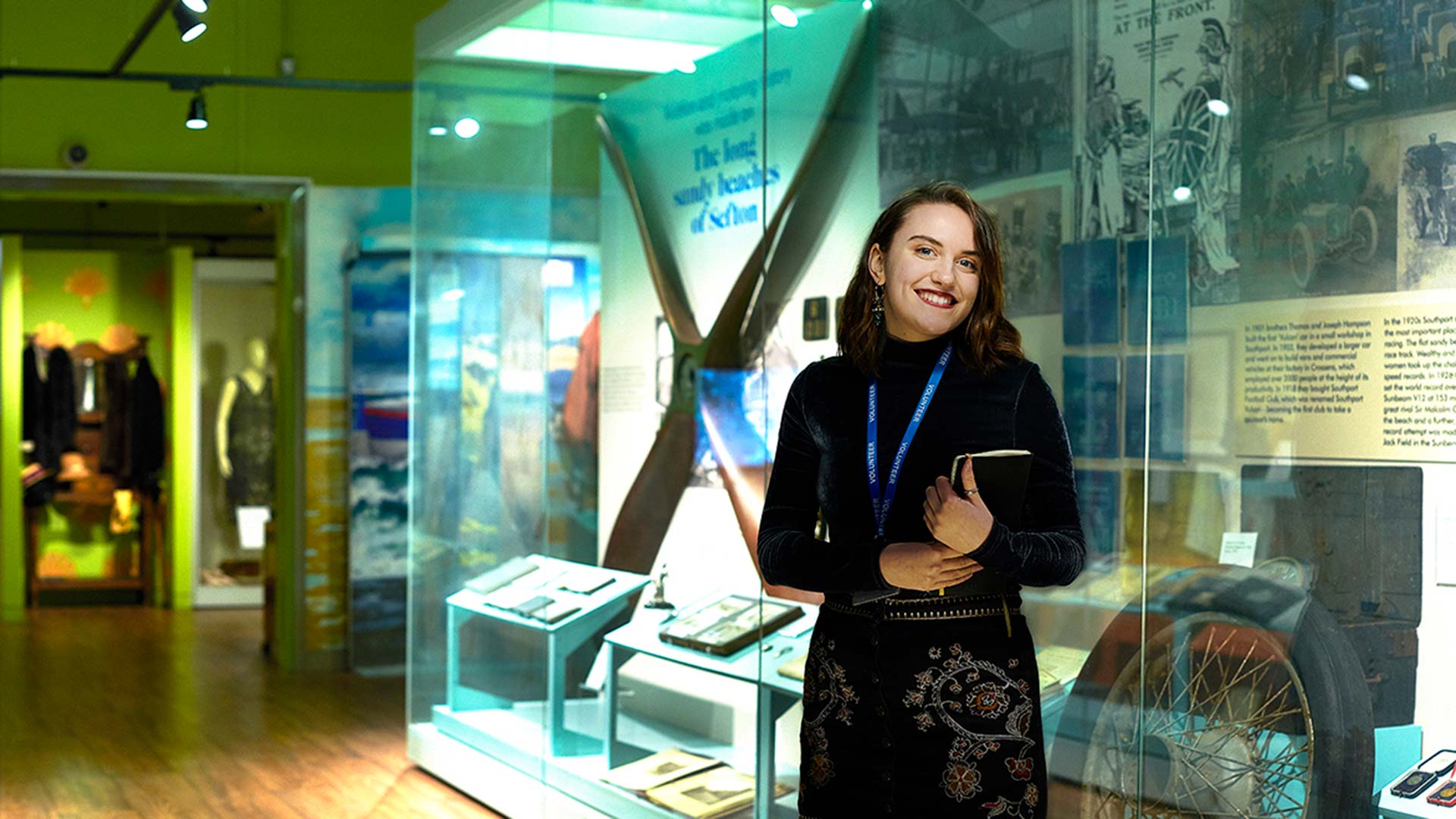
Take the opportunity to spend time in your industry of interest and gain first-hand knowledge of the world of work with a sandwich year placement. Develop transferable skills, learn from experienced professionals and gain practical work experience.
In short, it’s a year of working in the industry you’re interested in, surrounded by the degree programme you’ve chosen to study. This is why it’s known as a sandwich year.
What is a sandwich year?
Put simply, a sandwich year is a 9-12 month full-time placement in industry. You’ll usually take the sandwich year after two years of study with us on your degree course.
You’ll need to find and successfully apply to a suitable placement provider to complete your sandwich year. You’ll then become a full-time paid or unpaid employee of the organisation you’re joining, giving you direct experience of your possible future career.
You’ll gain hands-on experience in a work environment for around a year, before returning to university to complete your degree in your final year. You will also complete at least two assignments for your department which will enable you to connect your sandwich year with your academic work.

Our friendly Careers Advisers can help support you through the process, preparing your application for a placement and for any interviews.
A sandwich year enables you to apply the knowledge gained during your degree to real-world work situations. You’ll equip yourself with a transferable skillset and gain invaluable work experience that will help you to stand out to potential employers in future job applications.
By undertaking a sandwich year, you’ll:
- Gain practical experience of a specific role, company, industry or sector relevant to your chosen area of study
- Take on real responsibility and increase your confidence
- Develop specific work-related and more general skills such as time management, consumer awareness, communication, confidence and many more
- Equip yourself with a better understanding of the world of work
- Learn from experienced professionals in the field
- Enhance your studies by relating elements of your modules and assessments to real-life situations in the industry and workplace
- Try out a career choice and see if it’s the right path for you.
A sandwich year also provides a fantastic opportunity to network and, if you impress your employer, you may even find you have a job waiting for you when you graduate. Many employers like to take on dedicated employees as showcased via a sandwich year placement scheme.
You’ll also learn valuable skills as you apply for sandwich year placements due to the similarities with recruitment processes for graduate jobs. For example, you can expect to gain experience in preparing applications, writing a CV and covering letter, and preparing for interviews and assessments.
Find out about other types of placements and work experienceSandwich year placements are available across a broad range of job areas and industries, including science, IT, media and business, with many of the UK’s top graduate employers offering these types of opportunities. Before you start looking for placements, you should think about what kind of graduate job you might like at the end of your degree and whether any particular organisations and fields interest and inspire you.
Many year-long placements are available in the UK, as well as opportunities to spend a sandwich year working overseas. The two main ways of securing a sandwich year placement involve applying for advertised positions or seeking out hidden opportunities through networking and speculative applications.
Placement opportunities are advertised in a variety of places. It is often worth checking the websites of specific companies directly or looking at their social media channel feeds. By following any companies you are interested in, you will see opportunities as soon as they arise.
Websites which advertise sandwich year placements include:
- E4S Industrial Placements
- GraduateJobs
- Indeed
- Milkround
- Prospects
- Student Ladder
- RateMyPlacement
- TARGETjobs
Many students also identify opportunities and secure placements through networking and sending out speculative applications. If you have identified a company you would like to work for, you could approach them directly about possible opportunities by sending a tailored CV and covering letter. TARGETjobs have published a useful guide to making speculative applications which contains further information and advice on being proactive and chasing hidden sandwich year opportunities.
Make sure you also attend any careers or recruitment fairs on campus. These events provide a great opportunity to not only find out about graduate jobs but also to chat with the organisations in attendance about any placement opportunities that are available.
Discover our Careers team events via the Careers portalExplore the costs

While UK universities can charge fees for sandwich years, we are waiving these charges to encourage and support students who wish to take up these valuable opportunities. We appreciate that the skills developed can make the difference to your future career path.
If you are joining an undergraduate degree in academic year 2024/25 and take a sandwich year or an additional year studying abroad as part of your course, we will meet the cost of tuition fees for the sandwich year.
These costs will be covered by the Student Opportunity Fund. In addition to this, you may be eligible for a bursary of £500 to £2,000 for a sandwich year through this fund. The award amount will depend on the location of your placement and your household income. There is no application process for this bursary as your eligibility will be automatically assessed.
How to apply
You should start seeking and applying for sandwich year opportunities during the second year of your course, from 12 months before you will start the placement.
The application process varies between different organisations. You might be asked for a cover letter and CV, to submit an application form, and/or to attend interviews and assessment centres.
Applications for sandwich year placements typically start to open from September and February. Although, some smaller organisations can start recruiting slightly later in the academic year. There are companies who may accept applications for these types of placements all year round but it’s best to start looking as early as possible.



